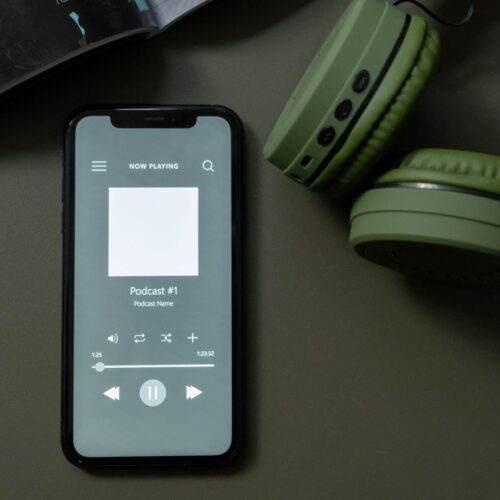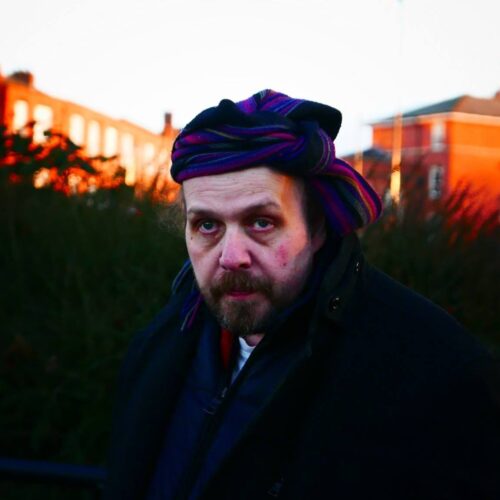
So what do the listeners make of it?
A concert audience is a rather different creature now compared with what it once was, although it can give performers just as hard a time as reputedly in the 18th century. It is not unusual for a singer in an Italian opera house to receive applause and shouts of ‘encore’ which, far from being flattering, are to invite repetition ‘until you get it right!’

Bach would have known the members of his audience quite as well as he knew his choristers and instrumental players. In fact it is not too fanciful to imagine that, like priests of country churches, composers like Bach – and Haydn (when he was serving the Palace at Esterháza) – may have welcomed at the outset and bade farewell to the members of the audience, calling them by name, asking after family and mutual acquaintances, and perhaps receiving congratulatory comments or even words of caution upon too daring a passage in the new piece they had heard. There would have been a friendly and informal relationship with the audience.
Beethoven may have been less concerned about pleasing his audience though he, like Schubert, would have seen many familiar and frequently hostile faces in those conservative Viennese audiences, not least the well known critics who may even now cause a flutter of concern when they are recognised. Such a relatively small world would in those days have seemed a safe one. Those audiences would have known only too well the faces of the great masters, and the work of less familiar composers would be compared critically with them. Even a poor performance may not have been such a severe occurrence for, like a poor sermon, they knew it to be from a reliable source and excused as being the outcome of a busy and fraught time. Familiarity forgives much.
But as the world became bigger, composers knew their audiences less well and eventually not at all. Suspicious audiences relied more on familiar sounds, and composers threw out their works into a darkness. The orchestral players would play new pieces in the style of what they already knew well, and may have missed the point. The audience would often miss the point too, and decide that the new was not as good as the old, such reactions perhaps more immediate with music than other arts. A composer perhaps several thousand miles away would be helpless to steer persuasive opinion and, not knowing the audience, must hopefully rely on any enticing advance promotion provided by a good agent or publisher and, if fortunate, a sympathetic performance – for a bad performance can ruin a piece of music for decades.
It must have been so much easier for composers in the smaller world of the 18th and 19th century – even Wagner – to know the audience and know how to command them. Now it is easy to know the audience for old music – they have all been persuaded to the same default responses worldwide. But it is unlikely that any composer producing a new concert piece now will know the audience and how to anticipate accurately the responses that Mozart could calculate astutely for his Vienna, Milan, Paris or London listeners.
At best, the local composer writing music for performance in the local village hall may enjoy the greater success.






Entertaining reading, Patrick, but what made you write this? What is your background?
And who is Francillin?
I am Claus, who likes to write (for his grandchildren and for the drawer) and who is/was a chorister.
And I very much like the mails I get from OCA.
http://www.impulse-music.co.uk/standford.htm – and I assume Francillins is a Brazilian photo agency!
Hi Claus
Patric is an award winning British composer and also the curriculum leader for music courses at the OCA.
Francilins is simply the name of the person who took the photograph of the open air concert.
I’m pleased you write music for your grandchildren – I hope they enjoy it!
Very nice article.
We seem to be (finally!) returning to a model of artists getting to know their fans/admirers on a more personal basis now. I enjoy the juxtaposition of the current state of the music industry and Patric’s comments on composers of antiquity.
I hadn’t really considered the audiences of 18th and 19th century, apart from the general knowledge that they would be middle/upper class and educated. But what a lovely thought, that the composer not only knew his players, but also his audience. If one remembers the “Schubertiads” then this idea shouldn’t really come as a surprise.
I am in the throes of writing an anthem for Palm Sunday Evensong. I have gathered an ad-hoc choir of experienced and capable singers, so I know who I’m writing for. The congregation know me well,
as I am their organist. Other people will also come to hear the anthem, because I composed it. So I am in the enviable position of those 18th and 19th century composers, who not only knew their players, but also their audience . The thought has cheered me up no end, and inspired me to create a truly beautiful anthem which is right for my audience/congregation.
This is also by way of an apology to Patric, as my assignment is late (again) but in a good cause!
in the jazz community the Internet has surely re-opened links between performer and audience, via the social networks, blogs, and comments on YouTube?